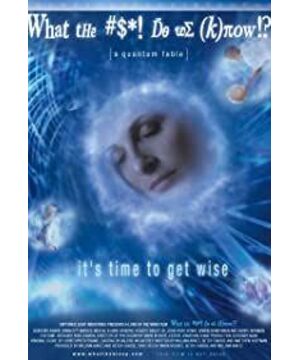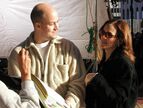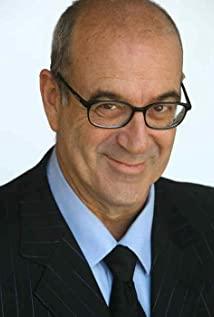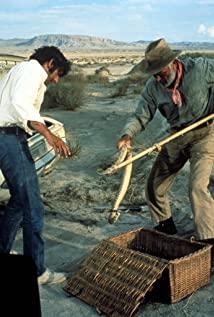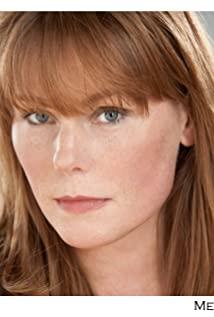When we mention superstition, we think of religion. This is an outdated way of thinking, because superstition has already advanced with the times. Today, even more common, yet imperceptible, are seemingly insane scientific superstitions.
What is superstition? Confused and convinced that it is. Awesome and confusing, there was religion in ancient times, and science today.
Not to mention other religions, let’s talk about Buddhism, which happened in India and flourished in Aurora. After taking root in China, there are so many schools and books, it’s called a vast sea. How many practicing monks, even Hao Shou, how many are really able to exhaust the scriptures? Therefore, in fact, it is not easy to be a person who truly understands Buddhism, or a person who truly denies Buddhism. Because, before you really understand it, rashly affirming that it is naturally a religious superstition, and easily denying it, is also a superstition - this is just a change of direction, and the essence is not different.
A true practitioner is not superstitious, but is righteous.
I have personally encountered or witnessed countless times, how many people (or colleagues and friends, or an expert on TV) face the miraculous things such as meridians, feng shui, reincarnation, and relics, how they justly deny them, and, They often use the powerful sentence "There is no scientific basis!" to suppress the opponent - it seems that the sentence "without scientific basis" can be directly overturned, and the blood will seal the throat. However, how many people have thought that science itself needs a basis?
Regarding the meridians, the experts said that there is no scientific basis for the meridians, and acupuncture should be a psychological effect. Brother, let’s take a random example. Han Ying in the early Western Han Dynasty and Sima Qian later recorded the case of Bian Que’s diagnosis and treatment of Crown Prince Guo’s corpse. Under this circumstance, probably only the expert elder brother can wake up a comatose person by engaging in psychotherapy.
What is the true spirit of science? Open, question, and verify. Unfortunately, most people forget how to keep an open heart. Many outstanding people in the history of science, such as Newton's classmates, have become quarry stones to suppress dissidents (in the debate on the nature of light, due to Newton's achievements). The authoritative position of the president of the Royal Society and the law of universal gravitation, the "particle theory" supported by Newton has just suppressed the "wave theory" for more than a century, what a poor Huygens.) - This story tells us that it is No, science should be a process of unbiased, constantly discovering the mistakes of those who came before. Didn't Aristotle think that Zhongdongdong was falling faster than Qingdongdong? And this point of view has always been regarded as a scientific truth, until Galileo came out and proposed a new theory with very "no scientific basis".
We can imagine that when Galileo stood alone on the Leaning Tower of Pisa with two iron eggs in his hands, the sneering eyes of the scientific crowd watching the lively below must be colder than the strong wind blowing through the Leaning Tower... I will not copy elementary school textbooks.
Well, who science? The masses who firmly believe in "scientific truth", or Galileo who "has no scientific basis"?
Two questions are good for scientific superstitioners. 1: Do you know about meridians (or feng shui, reincarnation, relics...)? Have you done any actual investigation? 2: Do you know the related sciences (eg medicine, environmental science, electromagnetism, quantum mechanics)?
The crux of the matter is the pervasive delusion that stereotypes make people safe and openness unsettling - how good it feels to be in control! This often becomes the most powerful psychological basis for resistance to openness. Unfortunately, to use the title of the movie you just watched: About the world, you know an X.
I love this movie, including the point of view. I will not discuss the specific theories involved in detail here. If you are in the mood, I will write it later. Highly recommended here.
View more about What the #$*! Do We (K)now!? reviews


